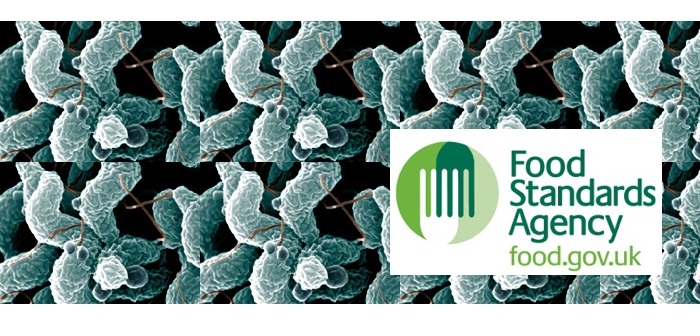The latest results from the Food Standards Agency’s survey of campylobacter on fresh shop-bought chickens, covering the period from January to March 2016, continue to show a decrease both in the number of birds with campylobacter on them and those with the highest level of contamination from the equivalent quarter last year.
“The latest data shows 9.3% of chickens tested positive for the highest level of contamination in this quarter, down from 21.8% for the three months from December 2014 to February 2015,” said FSA.
“Campylobacter was present on 50% of chicken samples, down from 71% in the equivalent quarter of the previous year.”
These test results were drawn from 1,009 samples of fresh whole chilled UK-produced chickens and packaging.
FSA’s director of policy, Steve Wearne, commented: “These results are moving in the right direction and I am delighted with progress. It shows what can be done by a real commitment to tackle this bug and I am encouraging industry to go even further, more quickly, to continue to get the numbers down.
“One of the reasons the survey results are lower this quarter is because of the decision taken by a number of retailers and their suppliers to remove neck skin from the bird before it goes on sale. This is good news for the consumer because the neck skin is the most contaminated part of the chicken. However it is also the part of the bird that we have been testing in our survey and this means that comparisons with previous results are not as reliable as we would like.
“Therefore, this quarter, we are giving an overall figure for the amount of campylobacter on chicken and not breaking the figures down by retailer as we normally do. We have also stopped this survey and will begin a new one in the summer, with a different method of testing campylobacter levels on chicken.”
First results from the new survey, which will also rank retailers, are due in January 2017.


